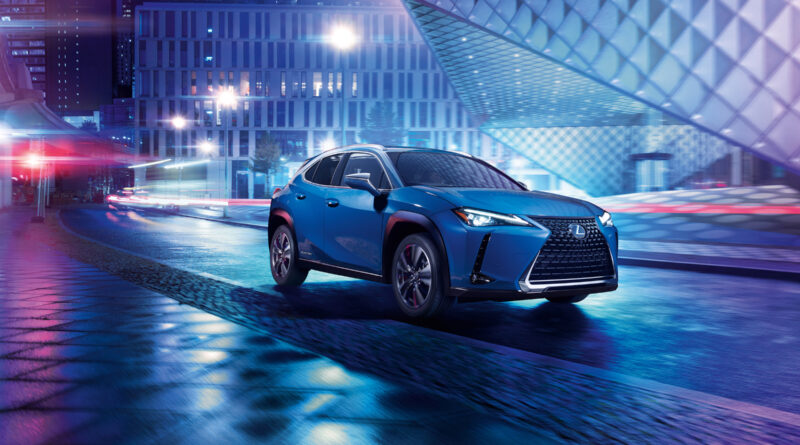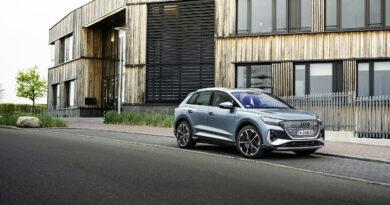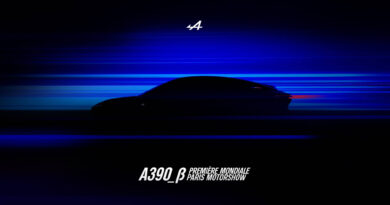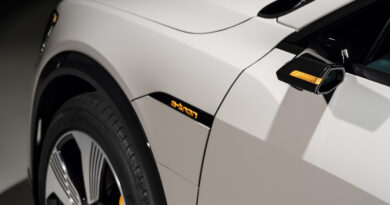Lexus Australia trademarks UX300e, raising hopes for electric SUV
The Lexus UX300e pure electric compact SUV is one step closer to Australia.
Lexus has applied to trademark the UX300e name on the Federal Government’s IP Australia website, an important step in bringing the first all-electric Lexus Down Under.
The filing was made on August 27 and it is currently listed as “awaiting examination”.

It comes weeks after Lexus also applied to trademark the name RZ450e, which is expected to be a soon-to-be-announced all-new electric model.
Some are speculating the RZ450e could be a coupe-inspired SUV body style with an all-electric powertrain.
Either way, Lexus is getting closer to a new electric model, as showcased with the LF-30 Electrified concept that was unveiled at the 2019 Tokyo motor show with the promise of an expanded electric offering “early in the coming decade”.

Lexus Australia has been quiet on the UX300e other than admitting it would “love to take it”, depending on market acceptance and availability, among other issues.
Nothing has changed on that front, with Lexus Australia spokesman Dan DeGasperi telling EVcentral.com.au the brand is still interested in the electric version of the UX but that it is “not on the cards right now”.
However, the local registration of the name suggests the UX300e could be somewhere in the mid-term planning, depending on the evolution of the EV market.
The UX300e shares its basic body and structure with the UX compact SUV, which is itself based on the Toyota C-HR.

But instead of an engine it gets a 150kW/300Nm electric motor powered by a 54.3kWh lithium-ion battery.
The front-drive EV accelerates to 100km/h in 7.5 seconds.
Despite other luxury brands moving towards EVs – the Audi e-Tron is weeks away from launch and by the end of 2020 Porsche will begin selling the Taycan – Lexus is not following suit for now.
It means the brand that was a pioneer in hybrid tech in the luxury segment will be lagging other brands with the push to electric and plug-in hybrid models.
DeGasperi pointed to the charging infrastructure in Australia and ensuring the cars meet Lexus ownership expectations.
Like parent company Toyota, Lexus is currently heavily invested in regular hybrid vehicles, which the company markets as “self-charging hybrids” – a clever way of saying they cannot be recharged and instead run purely on petrol.
Toyota Australia sales and marketing chief Sean Hanley has been vocal on hybrids in recent weeks.
While not ruling out plug-in hybrids or BEV electric cars in the longer term, Hanley said “right now, it might not be the most desirable or practical solution”.
He says the sales success Toyota is basking in with petrol-only hybrid vehicles is proof they are the most sensible solution for now.
“Right now the market is speaking. And it’s hybrid electric vehicles,” says Hanley.

DeGasperi says hybrid demand for Lexus is at new highs too, topping 30 percent so far in 2020.
Despite a sub-standard four-year warranty for the Lexus range, one of the key sales pitches with the UX300e is its industry-leading million-kilometre battery warranty.
It’s to some extent arbitrary because it only covers the first 10 years of ownership and its difficult to see anyone averaging upwards of 100,000km a year for a decade.
If it was offered in Australia, the million-kilometre warranty would be by far the biggest of an EV.
Most EV makers warrant battery performance for between 150,000km and 200,000km, usually covering eight years. Mini and BMW only offer coverage for 100,000km.




